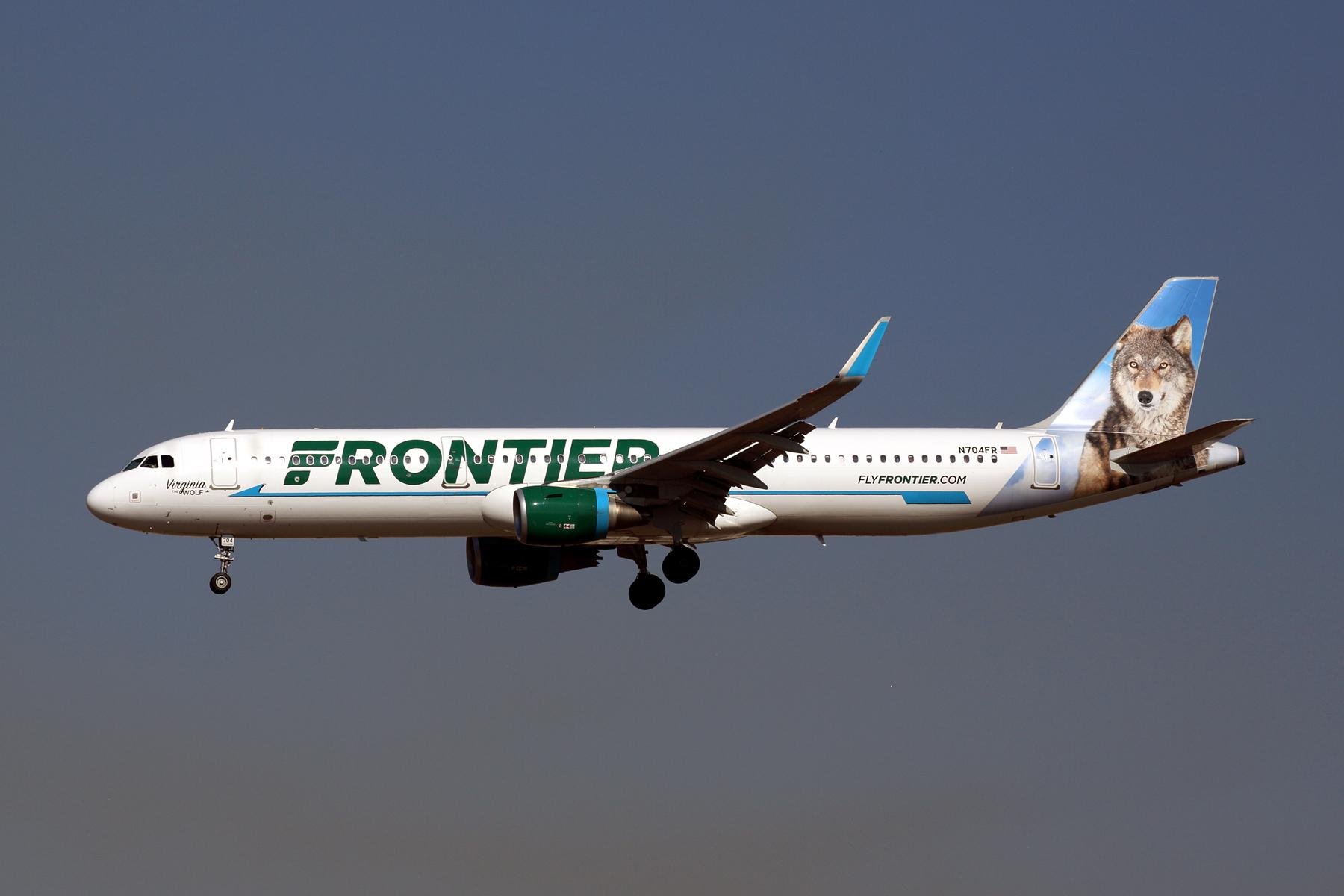
Frontier Airlines has dropped an offer to charge passengers extra to keep the middle seat empty, following accusations of profiteering amid the COVID-19 pandemic by lawmakers in the U.S. House and Senate.
Introduced on May 4, Denver-based Frontier’s “More Room” product charged passengers a fee ranging from $39 to $89 to guarantee the middle seat adjacent to theirs remains empty. The policy created a national backlash, prompting the ULCC to drop it completely and remove all traces of the product from its website.
Frontier CEO Barry Biffle defended the company’s intentions in crafting the policy, telling lawmakers in a letter that it was supposed to give customers “more peace of mind” while flying. Blocking all middle seats is not a viable option either, he added, as capping load factors at 67% would force the company to increase fares by up to 50%.
“Blocking all middle seats or one-third of all airline seats would materially change airline economics ... This would not only be harmful to consumers but would cause further strain on the economy at a time when our country can least afford it,” Biffle wrote.
Rep. Steve Cohen (D-Tennessee), a member of the House Transportation Committee, commended Frontier for quickly backtracking from the policy, which he previously labeled “misguided.”
“Frontier is doing the right thing: keeping its passengers and crews safe and not charging passengers to keep a healthy distance from one another,” Cohen said. “Only by the public feeling confident that they’re not risking their health in flying will the airlines see passengers return.”
The outcry illustrates the uncertainty facing the airline industry over social distancing in the cabin, with each company crafting its own policy in the absence of any kind of federal guidelines.
Delta Air Lines is capping seating at 50% in First Class and 60% in the Main Cabin through June 30, encompassing virtually all middle seats and some window and aisle seats in cabins configured with 1x2, 2x2 and 2x3 seating. The moves apply to both the Atlanta-based carrier’s mainline and Delta Connection fleets.
American Airlines is also limiting the number of passengers on each aircraft, blocking off 50% of main cabin middle seats and seats near flight attendant jump seats. A company spokesman said that gate agents will “continue to reassign seats to create more space between customers or accommodate families requesting to be seated together.” Once on board, customers can then move around within their ticketed cabin.
United Airlines is taking various actions to limit seat selections, blocking middle seats when available and alternating window and aisle seats when seats are in pairs. The Chicago-based company’s website states that it “cannot guarantee that all customers will be seated next to an unoccupied seat,” but goes on to say that is still the likeliest outcome.
Southwest Airlines is not blocking seats or directing seating, preferring an “open seating environment” that allows customers to pick their own seat while limiting overall seating by an unspecified amount.





